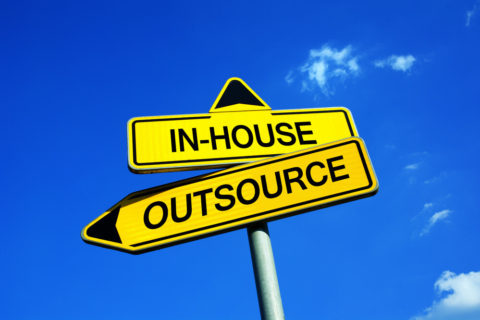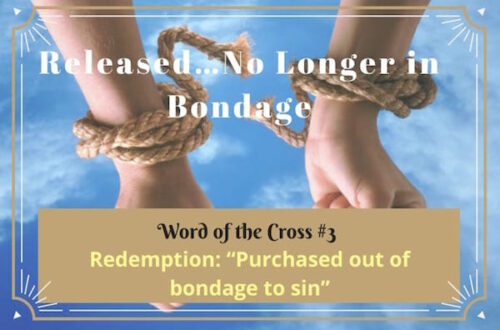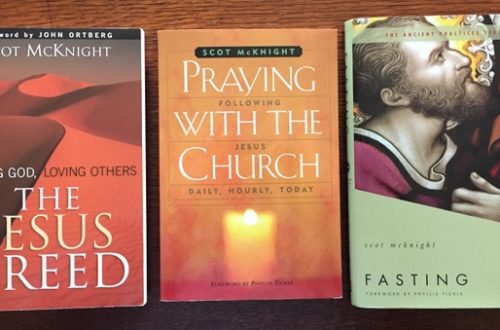
The Language of the Unheard
In 1965 over half the population of Dallas County, Alabama, was African American, yet accounted for a meager 2% of registered voters. After attempts to register these residents failed, Martin Luther King, Jr. came. Peaceful protests formed. Bloody Sunday ensued. King was shot. And violence erupted across the nation. “A riot is the language of the unheard.”
Fifty years of peaceful attempts to procure the right for women to vote made little impact. By 1912 a new wave of suffragettes had flooded Britain’s shores, attacking clergy, bombing buildings, and terrorizing society. “A riot is the language of the unheard.”
In the 1400’s Jan Hus confronted corruption in the church, specifically the selling of plenary indulgences as a main source of revenue and means of bolstering papal power. The church condemned Hus a heretic, then impaled and set him on fire. His followers erupted, starting a war for religious and national freedoms. “A riot is the language of the unheard.”
Confrontation seemed futile as murder, adultery, injustice escalated. Religion cloaked their enterprise as leaders used his House as base of their criminal operations. Six centuries later when God-in-flesh entered the Temple and ripped down the cubicles of the career crooks there, his riot was the language of the unheard.
No, I’m not equating the actions of God-incarnate with the torching of a Wendy’s in Atlanta. I’m simply seeking to help open our ears to a tearful, painful language uttered by people who simply desire to live as dignified human beings under the same moral and civic laws as others. The language is so fraught with fury and trauma that only trained ears and humble hearts can hear. Will we listen?
Listen to ourselves.
For many, being heard – even by ourselves – is overwhelming. The prospect of shame and anxiety is too frightening. So, we shush ourselves into believing the loss, the institutional discrimination, the unreconciled relationship aren’t that bad.
When silence becomes a primary means of survival, internal riots often erupt. We cut ourselves. Numb ourselves. Binge. Restrict. Withdraw. Lash out. The rage just smolders, wandering wistfully into any conversation or situation. Hence the importance of self-awareness, especially the practice a spiritual discipline I call pausing. This enables us to hear and care for our unheard selves. So, in the midst of difficult situations we ask questions like:
What am I thinking and feeling right now and why?
What am I trying to ignore right now and why?
What am I needing or wanting and why?
In addition to healthy self-reflection, the pause is a worshipful act of communion with the Lord. It’s an invitation for him to enter another area of our lives. Furthermore, pausing is helpful neurologically. Neuroscience proves that allowing six seconds for the analytical part of our brain (the neocortex) to catch up with the quickly-firing emotional part (the limbic system) can regulate the chaos of difficult situations. Operating from a more stabilized place, we’re less likely to project our own emotions, fears, and biases onto others.
Listen to others.
Other people have internal riots raging, too. Insecurities flame with the slightest blow. The bombs of unhealed traumas detonate haphazardly. The weariness of being shame-silenced for having certain opinions or being a certain gender or having a certain skin color just takes its toll.
Not only are their emotions intense, but also their words may be difficult to understand. We must “be quick to listen, slow to speak, slow to anger…” (James 1.19).
Slowness isn’t silencing yourself and expecting the other person to just talk. “People aren’t devices where you can just press ‘play’ and they will share their innermost thoughts and feelings with you,” says Kate Murphy in a recent New York Times article. Actually, “slowness” refers to our refusing to control things or fix the other person. See, anyone can be a Know-it-All; anyone can be indifferent and just walk away, but few can steward the sacred moment of another person unburdening their soul. That requires the practice of attentiveness and gift of empathy. That requires pausing amid the conversation to ask ourselves questions like:
What could this person be thinking and feeling?
What could they be needing and wanting?
What could they be fearing?
Navigating these questions, we begin to understand, value, and care for others. Compassion swells, thrusting us into the awkwardness of vulnerability. Humanity is shared. Unity is experienced. And, God is glorified.
Listen to God.
Rarely do I consider God to be unheard. He is, after all, the Word. But, the noise of our busy nothings and shrills of our flesh can drown him out. Through the spiritual discipline of God-awareness, we become increasingly attuned to his voice. Again, pausing is the necessary practice. We can ask questions like:
God, what does your Word say about this situation?
What are you wanting to say or do through me right now?
What aspects of your love, mercy, and grace can I learn in this?
Asking such questions allows us to recall and trust the character of God as gracious, loving, and powerful. As we engage God in this way – as the human and divine intertwine, ordinary spaces become holy ground. Mundane moments become sacred. And, the language of heaven speaks to our riotous hearts.
We live in a culture of collide: Red with Blue, Life with Choice, Ecumenical with Evangelical, Black with White, Male with Female, Impoverished with Wealthy. Many are apprehensive to speak at all. Innocently misspoken words get savagely misconstrued and people get canceled. But, even when we don’t know what to say, our presence – our willingness to stay in the room when unflattering and unhealed and unpopular things get shared – speaks volumes. I pray that listening becomes the language of the unheard.
*For an insightful tool by Ken Sande on listening to self, others, and God, click here.



